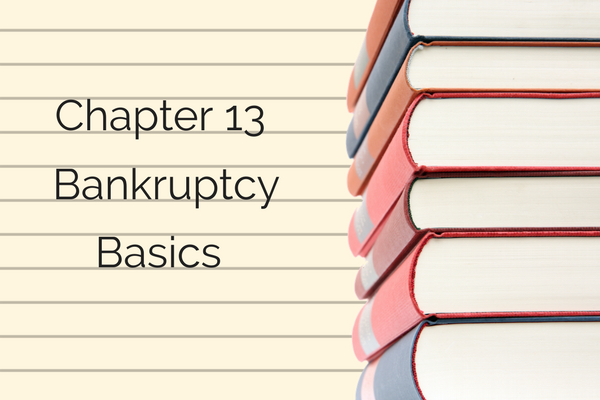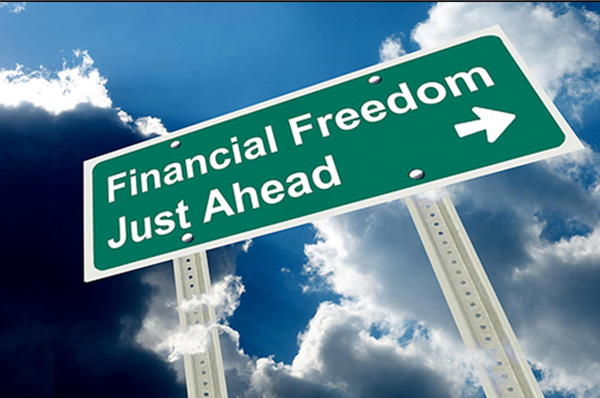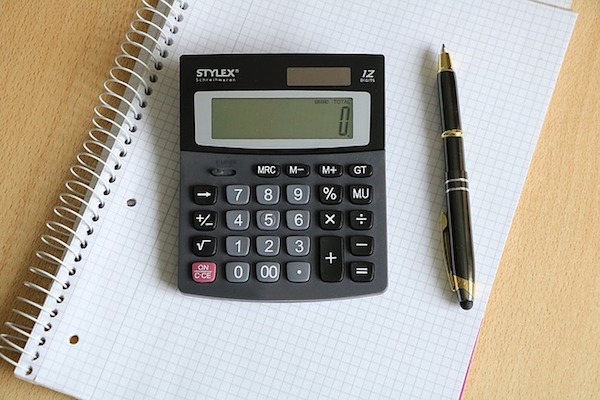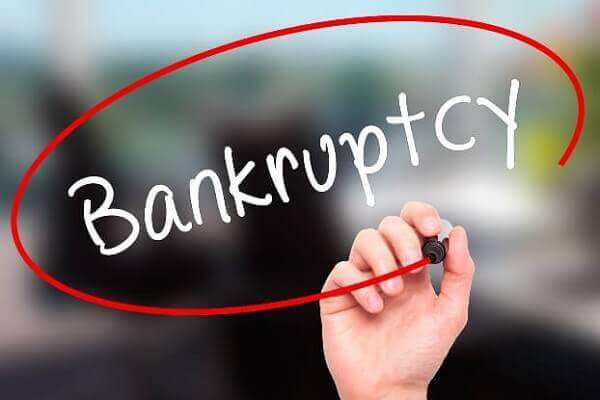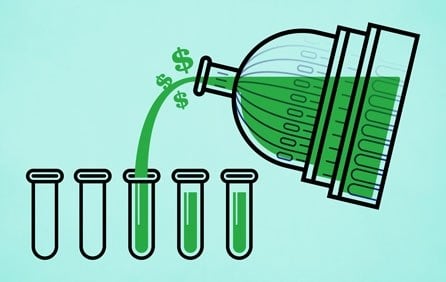Once the decision to file Chapter 13 Bankruptcy has been made, there are documents that you should gather to make the process of filing bankruptcy easier. We already know that credit reports and asset reports should be pulled as part of the process. But, there is more information that is needed by your attorney. If you would like to be your attorney’s hero, starting gathering these documents now.

Common Information Needed To File Chapter 13 Bankruptcy
Once the decision to file Chapter 13 Bankruptcy has been made, there are documents that you should...




